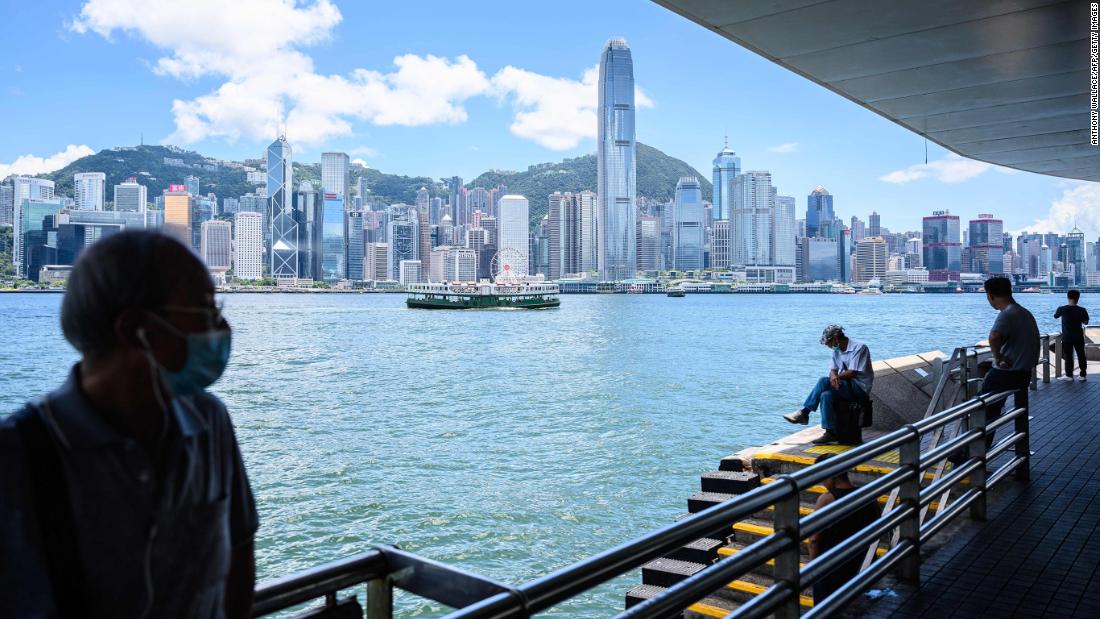
The organization said 183 of its members responded to the survey conducted from July 6 to 9, a week after the law went into effect. That is approximately 15% of its members. Just over half of the responding companies were American, while 35% are based in Hong Kong. Only 21 respondents, or less than 12%, “were not at all concerned” about the law, which prohibits sedition, secession and subversion against Beijing.
AmCham said some respondents felt it would bring more security to the city’s streets, after months of violent anti-government unrest last year. But companies were more concerned with ambiguity in the legislation, the independence of the judicial system, Hong Kong’s status as an international trade center, the erosion of city autonomy, data security, and the possibility of other governments retaliate by imposing tariffs or export controls. .
“The legislation is extremely broad and could be used for anything,” wrote one respondent.
More than 56% of companies said the law is stricter than they expected. “Almost all clauses are too general, with an uncontrolled balance of power accorded to the CCP [Chinese Communist Party], “one said.
And almost 46% were concerned that the possibility of extradition to mainland China is a “game changer” for Hong Kong as a financial center, mainly due to lack of clarity on how the law would be interpreted and implemented. Some said the potential for arbitrary law enforcement is “terrifying” and the uncertainty could hinder business investment and talent flows to the city.
Still, about 64% of companies participating in the survey said they do not plan to leave the city, although that percentage has slightly decreased from the previous AmCham survey. Last month, more than 70% of respondents said they had no plans to move capital, assets, or business operations outside of the city.
About two-thirds of companies said they will wait and see before making a significant move in business strategy, such as reducing trade and investment in Hong Kong, or reduce business travel to and from the city.
But a quarter of respondents said they had developed contingency plans or would do so soon, in response to the national security law.
“I think international companies will slowly leave the city to go to other central cities in Asia. It may take 20 years, but Hong Kong will become another Chinese city,” said one respondent.
– Jill Disis contributed to this article.
.